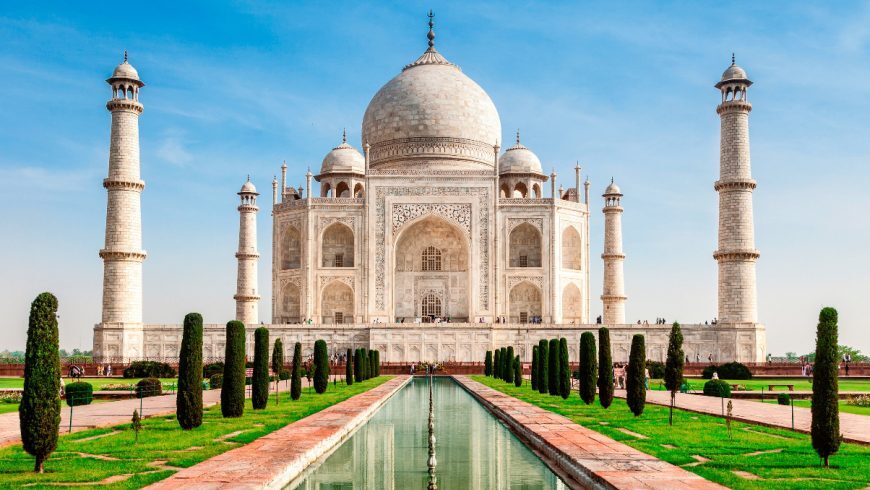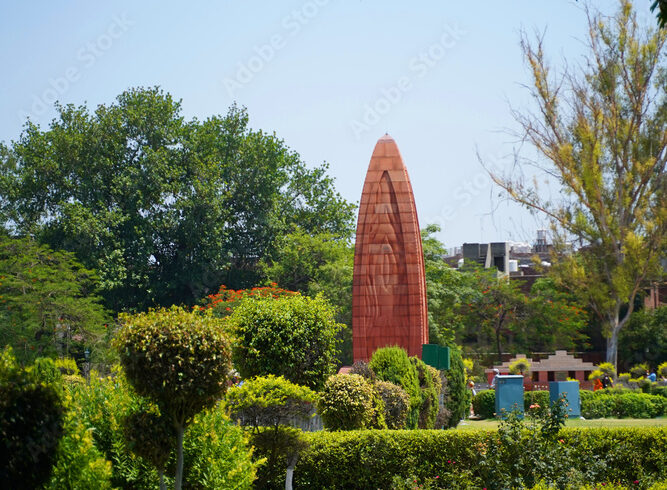Punjab
Punjab, located in the northwestern part of India, is a culturally rich and historically significant state known for its fertile lands, vibrant festivals, and warm hospitality. The name “Punjab” translates to “Land of Five Rivers” in Persian, referring to the five major rivers that flow through the region, namely the Beas, Chenab, Jhelum, Ravi, and Sutlej.
Agriculture is the backbone of Punjab’s economy, and the state is often referred to as the “Granary of India” due to its abundant production of wheat, rice, and other crops. The lush green fields of Punjab, irrigated by the river waters, create a picturesque landscape that is emblematic of the region.
Punjab is also renowned for its vibrant culture, which is characterized by colorful festivals, lively music, and energetic dance forms. Bhangra, a traditional Punjabi dance accompanied by rhythmic music and vibrant costumes, is celebrated worldwide and is a symbol of the state’s cultural identity.
The Sikh religion has deep roots in Punjab, and the state is home to several important Sikh shrines and historical landmarks. The Golden Temple, located in the city of Amritsar, is the holiest Gurdwara of Sikhism and attracts millions of pilgrims and visitors every year. The Wagah Border, near Amritsar, is famous for the daily ceremonial border closing ceremony between India and Pakistan, known for its pomp and pageantry.
Punjab’s cuisine is another highlight, known for its rich and flavorful dishes such as sarson da saag (mustard greens), makki di roti (cornbread), and butter chicken. The state’s culinary delights reflect its agricultural abundance and the influence of Mughal and Persian cuisines.
Punjab’s cities, including Ludhiana, Jalandhar, and Chandigarh (the shared capital with Haryana), are centers of commerce, industry, and education, contributing to the state’s overall prosperity and development.
Despite its modernization and urbanization, Punjab remains deeply rooted in its traditions and heritage, evident in its festivals, rituals, and social customs. Whether it’s celebrating the harvest festival of Baisakhi, participating in traditional folk dances, or paying homage at sacred Sikh shrines, Punjab offers visitors a vibrant tapestry of culture, history, and hospitality.
City Tour
Cultural Tours
Tourism is travel for pleasure or business; also the theory and practice of touring, the business of attracting, accommodating, and entertaining tourists, and the business of operating tours. Tourism may be international, or within the traveller’s country. The World Tourism Organization defines tourism more generally, in terms which go “beyond the common perception of tourism as being limited to holiday activity only”, as people “traveling to and staying in places outside their usual environment for not more than one consecutive year for leisure, business and other purposes”.
Tourism can be domestic or international, and international tourism has both incoming and outgoing implications on a country’s balance of payments. Today, tourism is a major source of income for many countries, and affects the economy of both the source and host countries, in some cases being of vital importance.
Day Tour

